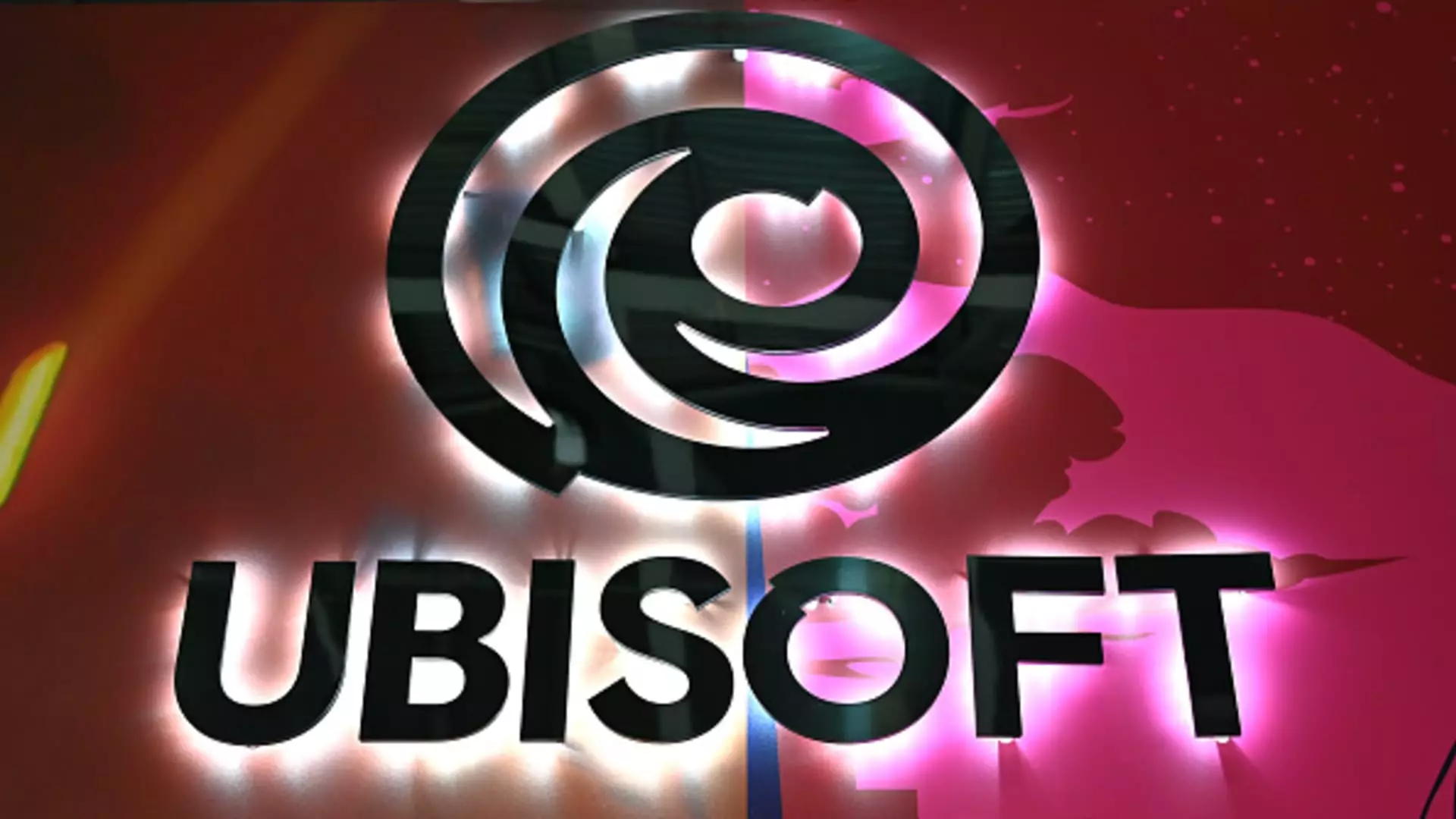Ubisoft, a prominent name in the video game industry, experienced a significant surge in its stock prices, climbing over 30% in response to reports suggesting a potential buyout involving Tencent and the Guillemot family, the founding shareholders of Ubisoft. This remarkable increase reflects not only investor interest but also the underlying challenges the company faces in today’s competitive gaming landscape. Bloomberg’s revelations of ongoing discussions between these minority shareholders point to a crucial turning point for Ubisoft, which has seen its market value decline substantially over the past year.
The notion of a buyout has been viewed with a mix of optimism and skepticism. While the prospect of merging interests between Tencent, recognized for its dominance in the gaming sector, and the Guillemot family could catalyze significant changes in Ubisoft’s strategic direction, it also raises questions about the future vision that such a partnership would entail. As a company heavily reliant on a few flagship franchises, Ubisoft’s current predicament demands introspection and innovative strategies rather than mere financial restructuring.
The turbulence within Ubisoft is amplified by its inconsistent pipeline of triple-A titles, notably the recent delay of “Assassin’s Creed Shadows” to February 2025, a move spurred by disappointing sales of “Star Wars Outlaws.” Such delays can be detrimental, not only frustrating gamers eagerly awaiting new content but also signaling to investors that the company might be struggling to meet market demands. The decision to cut down fiscal expectations for the upcoming year further compounds these challenges, revealing a troubling downward trajectory that should raise alerts for stakeholders.
The broader gaming industry is also facing a unique set of hurdles. As consumer behavior shifts towards established, beloved titles rather than newer offerings, Ubisoft’s struggle to capture fresh audiences is evident. The post-pandemic gaming environment exhibits a stark contrast to the soaring growth observed during 2020 and 2021, when lockdowns kept players engaged. Current projections indicate a modest 2.1% growth for the global gaming market in 2024, which highlights the intensifying competition and the need for publishers to innovate.
The growing influence of activist investors, such as AJ Investments, underscores the urgent need for change within Ubisoft’s management and operational strategies. Their proposal for private equity groups or Tencent to step in as potential saviors reflects a broader trend in corporate governance where shareholders increasingly seek active roles in steering company direction. The backing of 10% of Ubisoft’s shareholder base indicates a significant level of dissatisfaction with current leadership, spearheading calls for a reshaping of the company’s strategy.
In light of these pressures, CEO Yves Guillemot’s announcement of a review aimed at enhancing operational performance is a prudent move. However, action must follow intention. The gaming landscape is evolving rapidly, and industry leaders must adapt to survive. Failure to innovate and address shareholder concerns may result in further erosion of trust and, ultimately, market share.
As one of the world’s largest technology firms, Tencent’s interest in Ubisoft could portend substantial shifts within the company. Its existing stake of approximately 10% gives it a considerable voice in Ubisoft’s strategic decisions moving forward. Leveraging its immense resources and market knowledge, Tencent could potentially revitalize Ubisoft’s brand and product offerings, tapping into the expertise of its gaming division that has successfully produced hits like “Honor of Kings.”
However, the prospect of taking Ubisoft private, while appealing, brings with it complications regarding transparency and investor confidence. As the gaming industry undergoes transformations, the success of this potential partnership will hinge on how well both parties can synergize their strengths to foster innovation and attract gamers craving fresh experiences.
Ubisoft stands at a crucial intersection amidst an evolving gaming landscape, marked by investor uncertainty and shifting consumer preferences. The prospect of a buyout by Tencent and the Guillemot family could provide the necessary capital and vision to restore the company’s competitive edge. Nonetheless, this opportunity must be coupled with a commitment to innovation, strategic management, and embracing the dynamics of modern gaming. The road ahead might be fraught with challenges, but it also presents opportunities for renewal and growth, provided that stakeholders align their goals with the needs of the ever-demanding gamer community.

